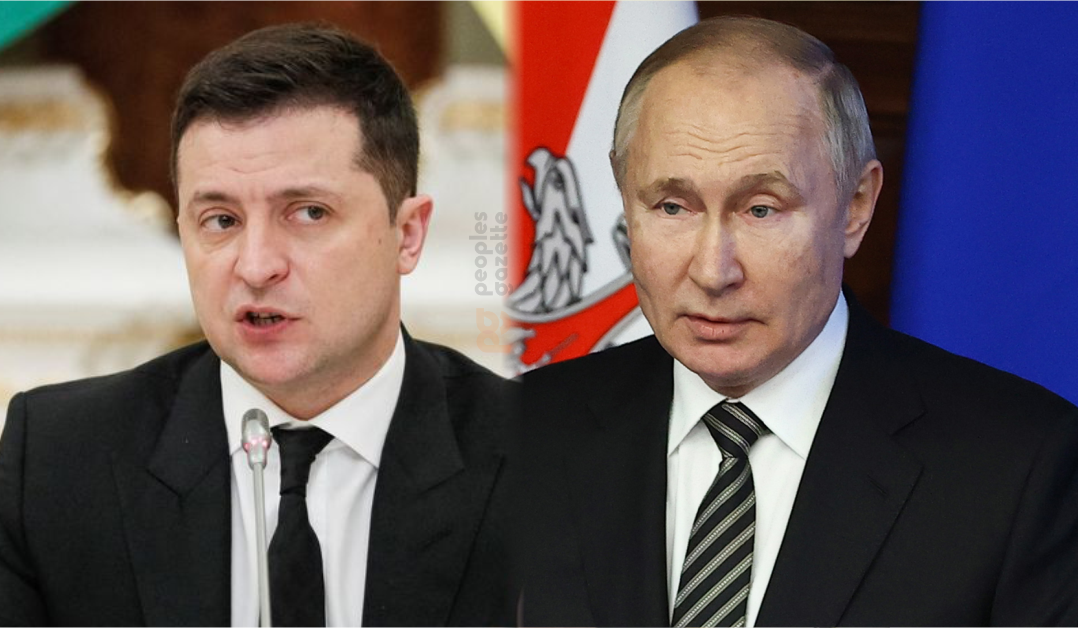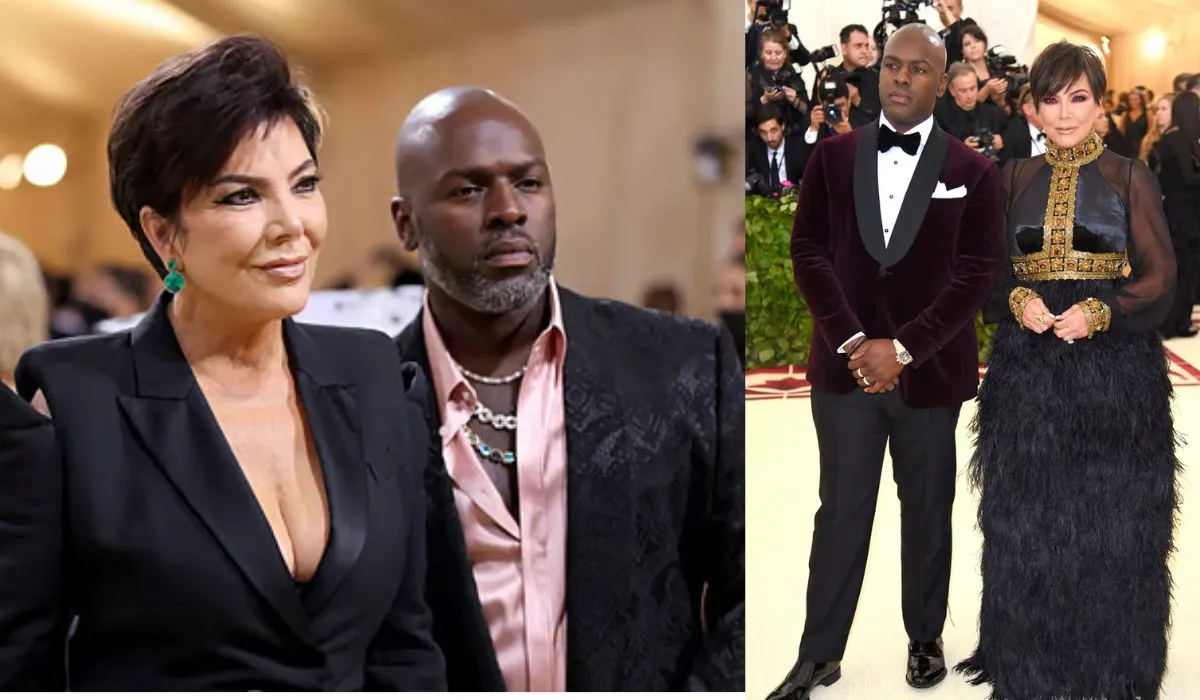
AN OVERVIEW: UKRAINE SHOULD NOT NEGOTIATE WITH RUSSIA
Some in the United States and elsewhere in the West continue to urge Ukraine to engage in peace negotiations with Russia as soon as possible in response to Russia's aggression against Ukraine. Although they have good intentions, they seem to ignore the fact that Russia hasn't started any substantive talks and remains committed to destroying Ukraine. It's also important to note that the "peace at any cost" camp has been negotiating with Russia for over eight years.
A process known as the Minsk process was initiated in 2014 between Ukraine, Russia, France, and Germany. It took eight years for Ukraine and the West to end the war through diplomacy and politics. After years of fruitless negotiations, Ukraine agreed to freeze battle lines and prevent escalation and preserve peace in Europe. Unsurprisingly, it failed. At the same time that Ukraine was holding back, Russia was building up. As a result of Russia's total war of aggression against Ukraine at the end of February 2022, the Minsk process came to an end. For the sake of restoring peace and security and preventing new Russian traps, the international community must carefully study the lessons of "Minsk".
Here are some points that were realized during the past negotiations with Russia:
- For the conflict to gradually ease, Minsk's creators believed that restoring the status quo and decreasing hostilities would suffice. Due to this false premise, based on an alleged willingness to compromise on Russia's part, Ukraine, the European order and the world suffered a real disaster. In reality, Moscow was preparing a full-scale war against Ukraine from the start of the Minsk agreements and throughout the Minsk process. While Russian representatives continued to pretend to be diplomats, the Kremlin was quietly assembling its military forces and preparing to destroy the democratic international order with just a single blow.
- While the world viewed Minsk as an opportunity for dialogue and a pathway to peace, Russia saw it as an opportunity to pursue its aggressive goals gradually and destroy Ukraine without needing to launch a full-scale invasion. Russian President Vladimir Putin was determined from the beginning to dismantle the Ukrainian state. As long as that was possible through political and diplomatic means, fine, and he attempted to undermine Ukrainian sovereignty through Minsk. In the event that this did not succeed, he intended all along to destroy Ukraine by brute force. Minsk agreements were doomed to failure for only one reason: The Russian regime never pursued a fair and equitable peace. Despite the near-complete invasion of Syria, Putin continued to lie to world leaders, denying plans to attack. There is a strong element of deception at the heart of Russia's foreign policy and the manner in which it treats its international partners across Europe, Africa, Asia, and beyond. The Russian government prefers to see victims, weaklings, and henchmen on the other side of the table.
- The western strategy should have been based on de-occupying all Ukrainian territory as soon as 2014 to counter the Russian threat. It is not uncommon for journalists today to clarify: “Including Crimea?” After stating that Ukraine wants complete independence, they ask, “Including Crimea?” In reality, this question reinforces the Russian narrative that Crimea is unique. That's not true. The biggest mistake Minsk made was to let Russia believe that Crimea was no longer a subject for discussion. A distinction exists and has never existed between Crimea, Donbas, Kherson, and Kyiv. In the real fight against terrorism and terrorism-related crimes, each of them plays a significant role. By closing its eyes to Crimea's annexation, the West gave the green light to Russian imperialism.
- Russian leaders have often complained that they were cheated or outwitted by others. However, this is only a representation of their own goals, since for Russia, any victory is a loss for someone else. Unlike most countries, Putin's Russia invents complex combinations in order to deceive others, not for pragmatic reasons. Whenever Putin thinks about compromise, he sees it as a sign of weakness. Therefore, you must speak to him in terms of strength if you want to be understood. As of today, Putin has made his final bet by deciding to wage an all-out war of aggression against Ukraine. In other words, he no longer has anything to talk about. The decision he made must be reversed.
- The situation in Ukraine in 2015 was still fluid. As part of the process of rebuilding their army, parts of their territory were under occupation, and the economy was just beginning to recover from the shock of revolution and war. There were powerful military forces, levers of energy pressure, and networks of agents of influence in Russia. As a result, some of Ukraine's partners tried to pressure it to be "constructive," since they had difficulty saying "no." Nevertheless, Ukraine adhered to its commitments despite all the flaws of the Minsk agreement. It was their goal to achieve a transparent settlement and a just peace along with France and Germany.
- According to Minsk-1 and Minsk-2, the Russian regime failed to meet a single obligation. Neither a complete cease-fire, nor a complete withdrawal of all heavy weapons, nor any other points were made. Russia appears to wish to reach a new "Minsk" agreement, putting the world in a new bind. There can be only one outcome of "Minsk-3", which will be an even bloodier war that will spread across the entire Euro-Atlantic region as well as to the rest of the world. Repeating mistakes will not improve results. As indicated by their recent statements, In reality, Russia is seeking a halt, not peace.
Volodymyr Zelenskyy has tried to steer the Minsk process out of its dead end since his election in 2019. A total of 88 rounds of negotiations with Russia were held under his presidency. There was no cooperation from the Kremlin when it came to finding a transparent and honest solution. There was no desire for peace among Russians, let alone a settlement. Moreover, Moscow demanded that others listen to its security "concerns". As the Kremlin's full-scale aggression failed to achieve its goals, it is now trying to outfox Ukraine and the international community.
Ukrainians crave peace more than anyone else. In the interests of the entire international community, Zelenskyy proposed a Peace Formula with 10 specific steps to restore nuclear, food, and energy security. In the event that the whole international community takes a strong, unwavering stance, Russia will not have a choice but to cease killing Ukrainians and engage in substantive negotiations. Effective diplomacy and lasting peace depend on the united will of the world. Moreover, the voice of the West is not enough to resolve the global security crisis triggered by Russian aggression and ensure long-term global peace. Now that the Global South's position can help achieve this goal, it has reached a turning point. In order for the diplomatic resolution of the war to succeed, Asia, Africa, the Middle East, and Latin America need to use their weight and influence to step up. There is no such thing as a "big" or "small" country in the U.N. charter, nor are there champions or outsiders.
International efforts should be consolidated to implement the Ukrainian Peace Formula by those who sincerely wish for peace. By designing it in a flexible manner, states can commit only to the elements of the formula that they fully support and take leadership in certain specific areas of peacebuilding efforts without committing to others. This process should not be repeated due to its flaws. The fact is that they should serve as an example of how not to negotiate with Russia in the future. There has become a slang expression for attempts to negotiate an end to a war that only brings the opposite result and enables an aggressor to launch an even bloodier and tougher attack. "To Minsk, Minsking" is a reference to attempts to negotiate an end to a war that only leads to the opposite result.








